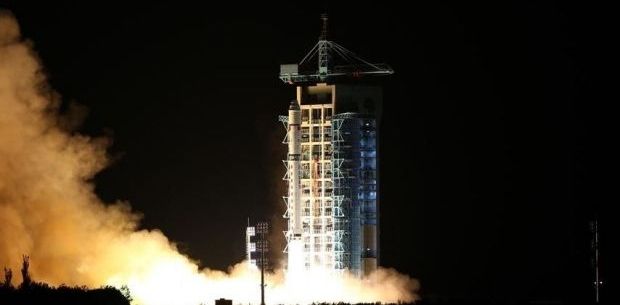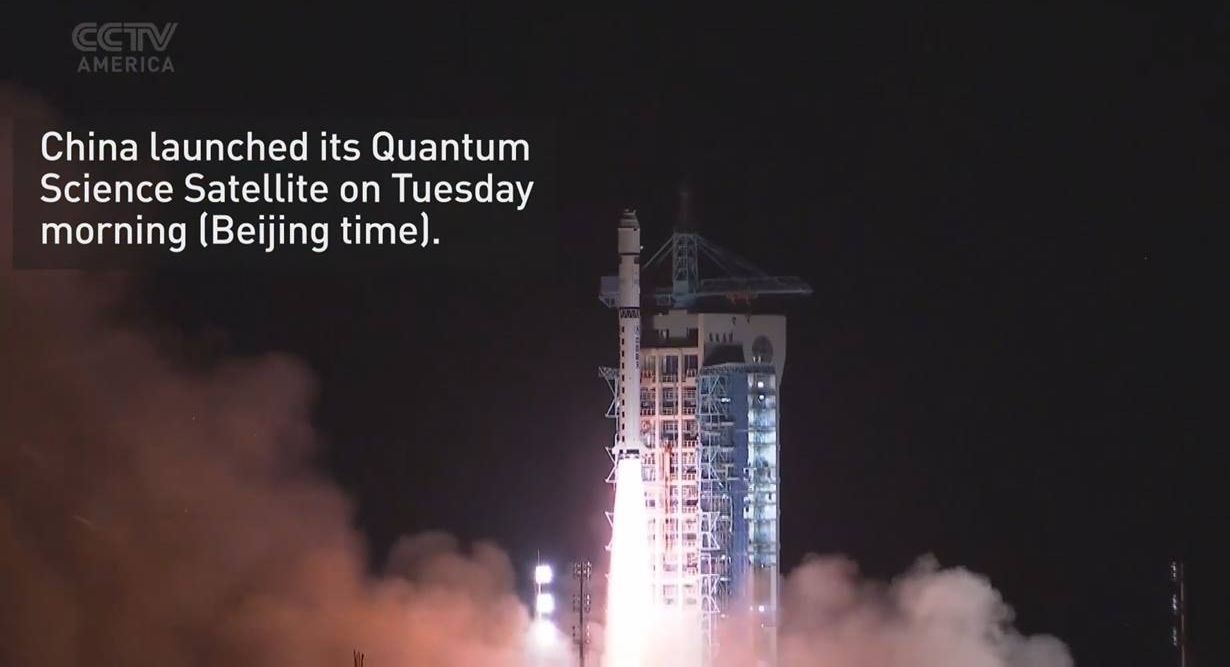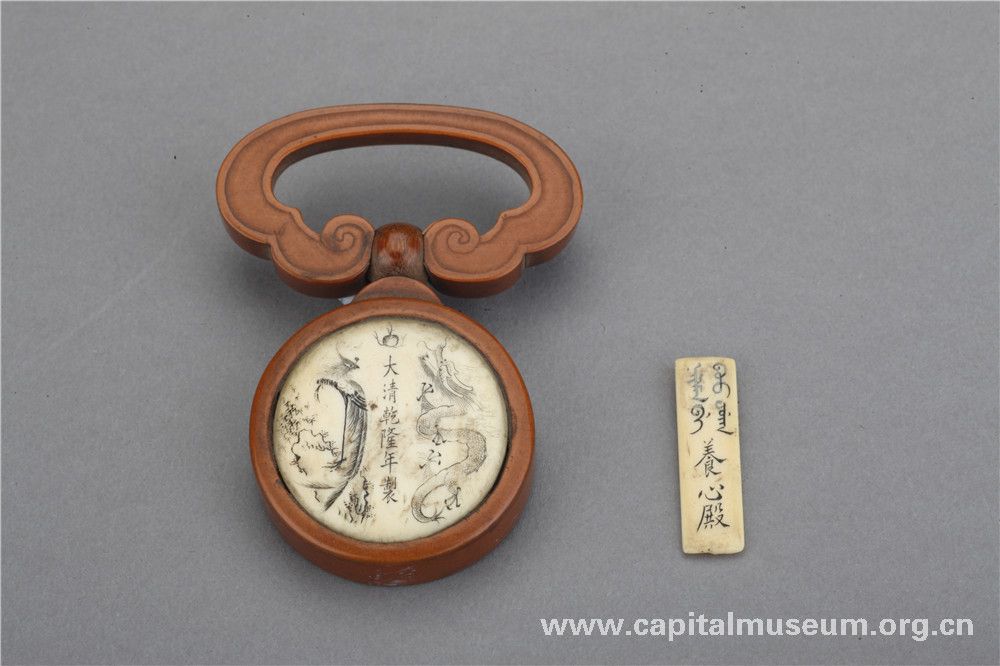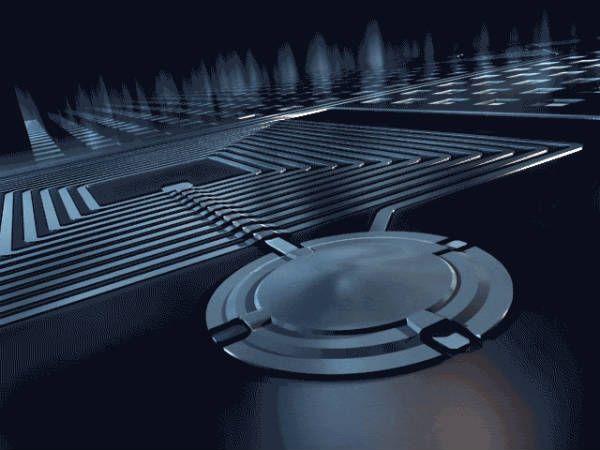BLASTOFF! China has launched their new Quantum Satellite today Tuesday. It is the beginning of a whole new tech & communications world.
BEIJING—China on Tuesday launched the world’s first quantum satellite, which will help it establish “hack-proof” communications between space and the ground, state media said, the latest advance in an ambitious space program.
The program is a priority as President Xi Jinping has urged China to establish itself as a space power, and apart from its civilian ambitions, it has tested anti-satellite missiles.
The Quantum Experiments at Space Scale, or QUESS, satellite, was launched from the Jiuquan Satellite Launch Center in the remote northwestern province of Gansu in the early hours of Tuesday, the official Xinhua news agency said.








